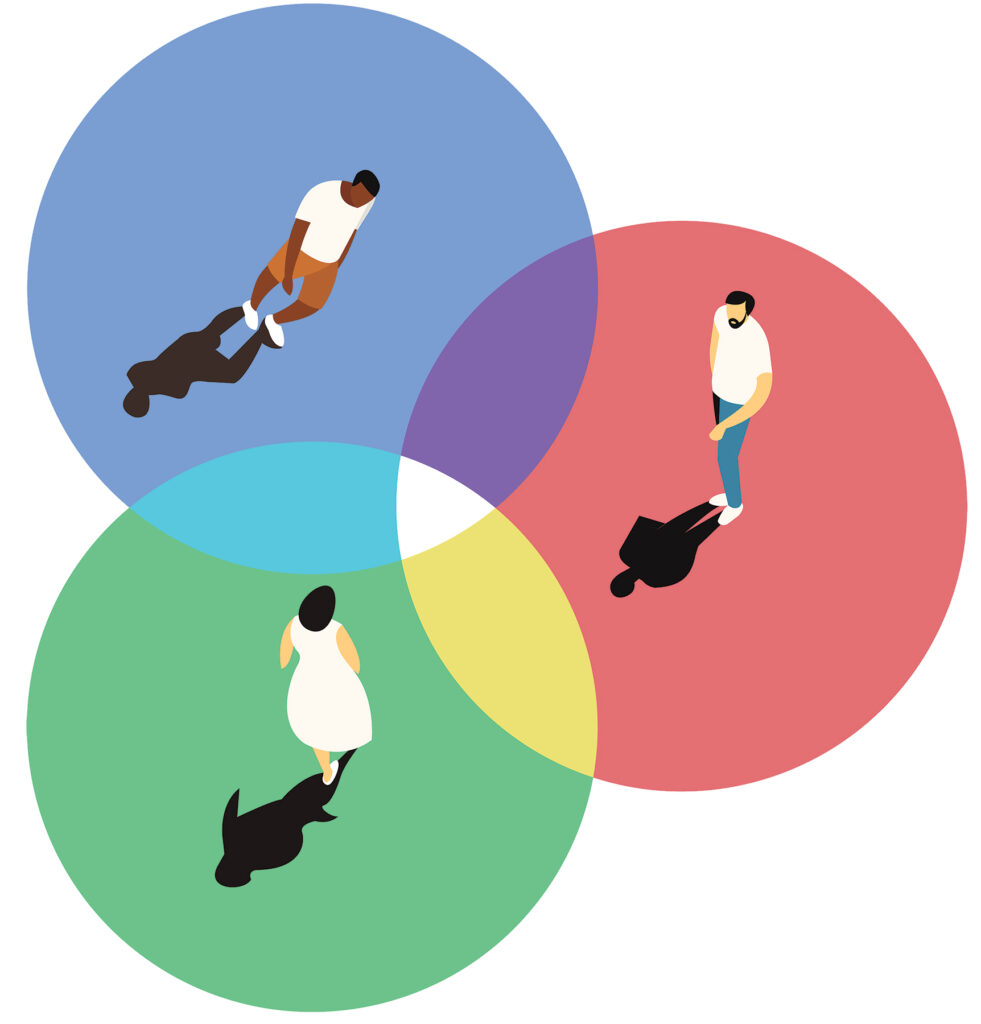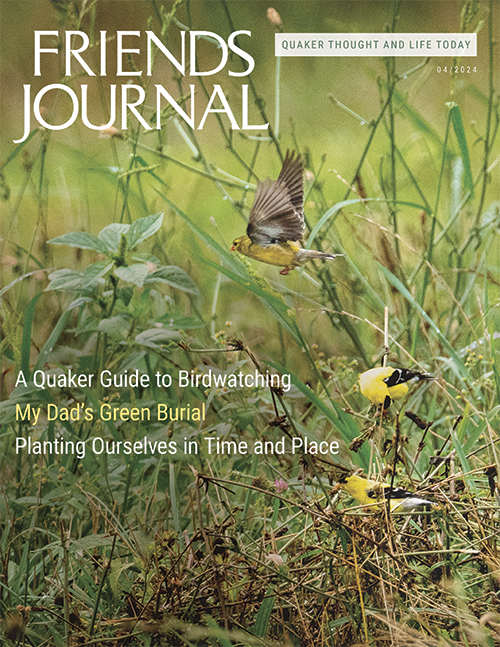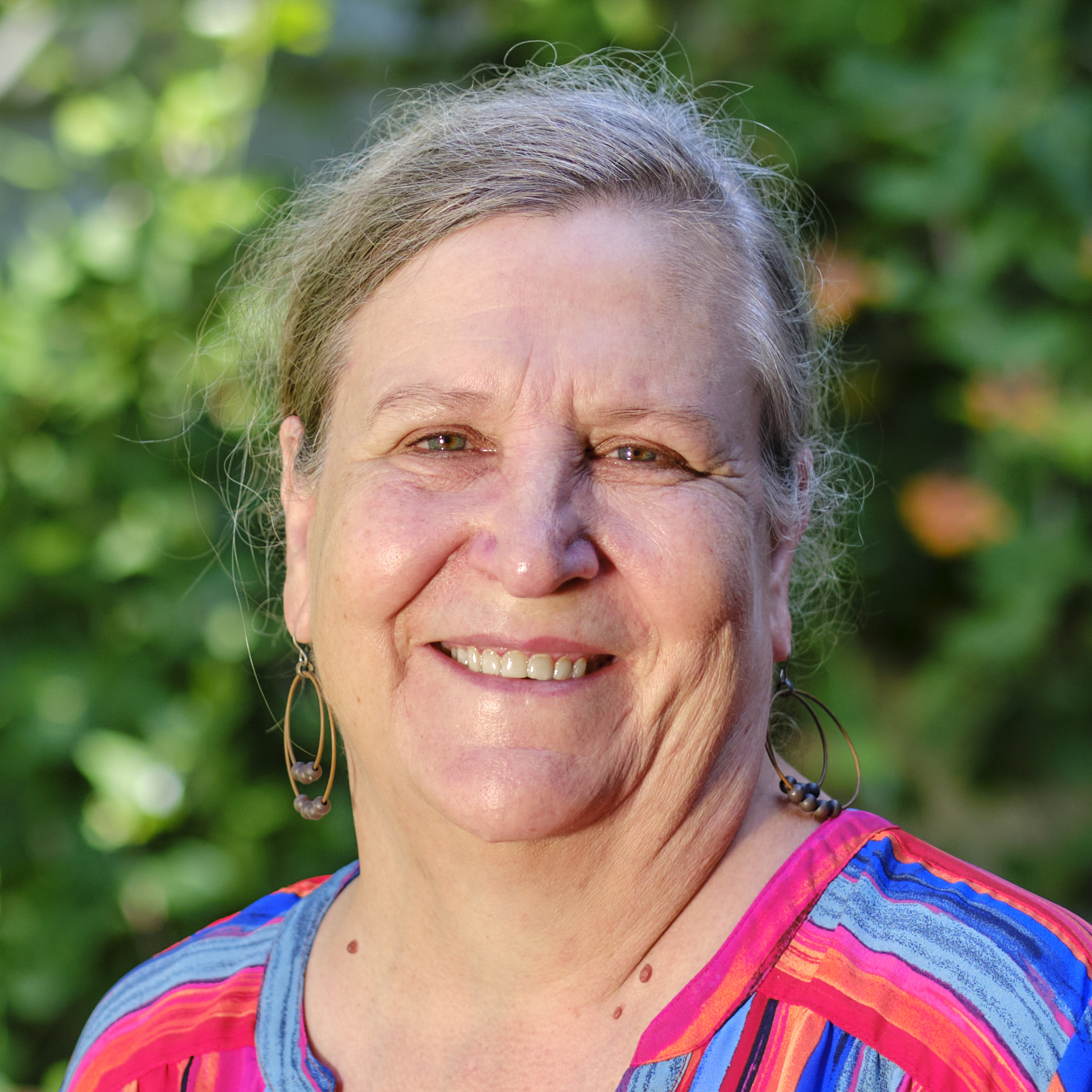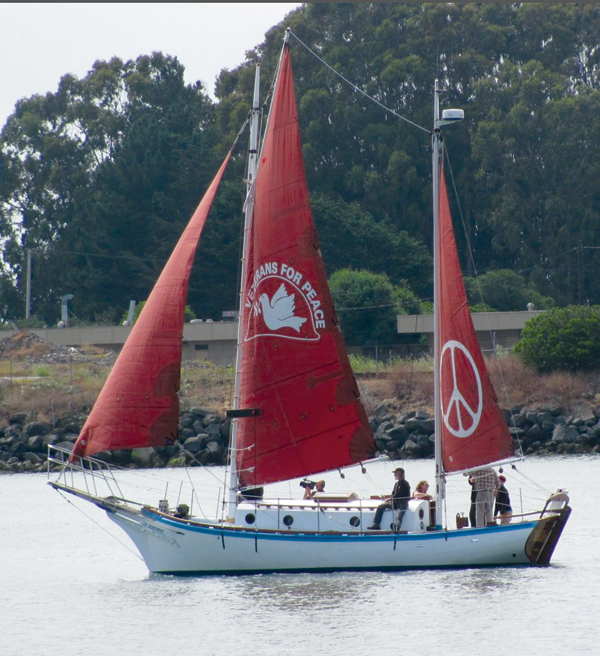An Expanded Vision of Conscientious Objection
“In these difficult times” has become an overused phrase in recent years. We disagree vehemently with our neighbors, with family, and with Friends. Sometimes the tone in meetings for worship and meetings for business has been harsh. We speak in intemperate language, complete with name calling and accusations, even from the Friends most dedicated to peace. How can we move forward?
When I was the director of the Center on Conscience and War (CCW) (formerly NISBCO) in the early 2000s in Washington, D.C., I traveled among Friends and other faith communities throughout the United States. During that time, I observed a great disparity between beliefs. Occasionally faith communities would drop their connection with CCW because we accepted non-Christian faiths, such as Muslims (Jews were okay, they would say).
I had to tiptoe around the issues of the death penalty and abortion as well, since there were many conscientious objectors (COs) who vehemently disagreed over those issues.
Sometimes what you need to do is to realize that your life has brought you at this time to a particular place on the continuum of the issue you are discussing and accept that where other people stand is where their lives have brought them at this time.
The U.S. Department of Defense defines conscientious objection as a “firm, fixed, and sincere objection to participation in war in any form or the bearing of arms, by reason of religious training and/or belief.” Vietnam-era draft boards (and modern-day investigating officers for military personnel seeking CO discharge) ask stumbling-block questions, such as “What would you have done in World War II?” or “What will you do in Armageddon?” For many decades CCW bought into the government definition of conscientious objection; after all, the founders of the center had helped craft it.
But I became increasingly uncomfortable with the government definition, and instead more open to the idea that it needed to be more flexible and inclusive. In early 2007, I reached out to the group Appeal for Redress, which consisted of career military personnel who objected to the war in Iraq but would deploy there, if ordered. They wanted Congress to act but had no intention of refusing orders; it was their job. Many who supported CCW thought I was wrong to do that.
Around that time, some of the service members involved with Appeal for Redress were featured in a segment on 60 Minutes, and I was invited to a celebratory dinner for them held a few days later. At the event, a young marine and I had an interesting conversation. He was concerned that there might not be any vegetarian choices on the menu. I asked him why he was a vegetarian: health reasons, climate reasons, cruelty to animals? He said he refused to kill animals. I was startled for a moment and then said, “I am not criticizing you but am trying to understand: you don’t want to kill animals, but you are willing to kill humans?” A couple of weeks later he filed a CO application.

This moment reminded me of growing up as the youngest of five very smart children. Every time I would learn something I thought was really interesting, I would relay that information to one of my siblings. They would reply: “Yes, I already knew that.” By the time I was in junior high, I was convinced I was pretty dumb compared to my siblings.
But then, one day in my 20s, I had an epiphany: my siblings had all taken the classes in school before me and read the books before me. They weren’t necessarily smarter, but had simply had the experiences before I did. Their different experience was the crux of the situation. This was confirmed when I went to law school, and none of them did. My different experience changed my understanding.
Different experiences are not just age-related, of course, but come from families, neighborhoods, class, economics, and just being in a particular place at a particular time, such as being in Washington, D.C., during 9/11 and watching the smoke plume rise from the Pentagon—something I witnessed.
It may come to pass that you move; it may come to pass that they move. It may come to pass that you both will stand where you are or you both will move closer together. But you should still reach out your hand to others.
Over time, I began to have a vision of conscientious objection as a continuum: that we all stood along a line. That line extended from the consistent life (sometimes called the seamless garment or web) ethic’s objection to war, death penalty, abortion, and eating animals and continued along the line to those who objected to all wars but supported the death penalty and legalized abortion. Further along were those who objected to only one war, such as Muhammad Ali, who in interviews said he had no argument with the Vietnamese and cited that as one motivation for his conscientious objection. And at the far end of the line were those, like the Appeal for Redress career military, who objected to a particular war but would still participate in it as part of their job.
I spoke about this vision at the Truth Commission on Conscience in War at Riverside Church in New York City on March 21, 2010, pointing out that we should not allow the government to define conscientious objection. Everyone objected to some war at some time. Therefore, we were all conscientious objectors.
I was reminded of all of this last October at the 2023 Baltimore Yearly Meeting Women’s Retreat, which was held on Zoom and in person in College Park, Maryland. There we gathered with the theme of “Hope for an Inclusive Future.” During a group discussion focused on including all genders identifying with women and all People of Color, one young woman spoke about young Friends’ frustration with waiting for unity. She had a different vision for Friends not able to come to unity: she said that those who were clear should move ahead even without unity, but—and this was the most telling moment at the retreat for me—go forward while turning around again and again to others left behind and say in a friendly way, “Are you coming?”
When you think about it, a similar pattern is what has played out for most of the cutting-edge positions throughout Friends’ history. John Woolman did not walk out on Friends when they did not understand the evils of enslavement the way he did. He went to meeting after meeting, home after home, and invited Friends to join him in ending enslavement. He lived his life where he was but did not reject others for not being there with him; he invited them along.
It was after the divisive 2016 presidential election when I began looking again to help bridge the large divides found along political lines in our country. Pulling from my own experiences working with all kinds of people, I created a workshop and training called “Conversations with the Other: How to Speak with People with Whom You Disagree,” and began offering it to Friends and other groups. A lot of the effort of that training is learning to listen and getting past the idea that all you have to do is show them the “error” of their thinking to resolve your disagreements since they are clearly wrong. (This approach doesn’t work in relationships either, or in meeting for business).
Sometimes what you need to do is to realize that your life has brought you at this time to a particular place on the continuum of the issue you are discussing and accept that where other people stand is where their lives have brought them at this time.
It may come to pass that you move; it may come to pass that they move. It may come to pass that you both will stand where you are or you both will move closer together. But you should still reach out your hand to others, as I do to you.
Are you coming?






Perhaps the best way to learn why a person disagrees is to ask lots of questions and listen carefully, until able to articulate the viewpoint well enough to feel heard and understood, then the reverse may start happening.
Very insightful to remain positive action focused even without initial support, but would prefer to focus on ending (or at least minimizing) the draft, esp. when least needed, by pushing equality for young women and men, helping avoid need to assert CO.
Anyone interested in making peace an election year debate priority? Why not raise the minimum draft age to 25 when the prefrontal cortex is fully developed, like other nations. Why not limit the draft so only allowed for deployment within the US for US defense, and not abroad? Why not publicly discuss equality for drafting women, which may help end the draft entirely? If peace and equality testimonies are top priorities, why not act now to restrain our own future military adventurism and endless conflicts, especially when the public can learn about a brutal Russian war draft deploying beyond borders? Anyone interested in finding draft reform sponsors in Congress?